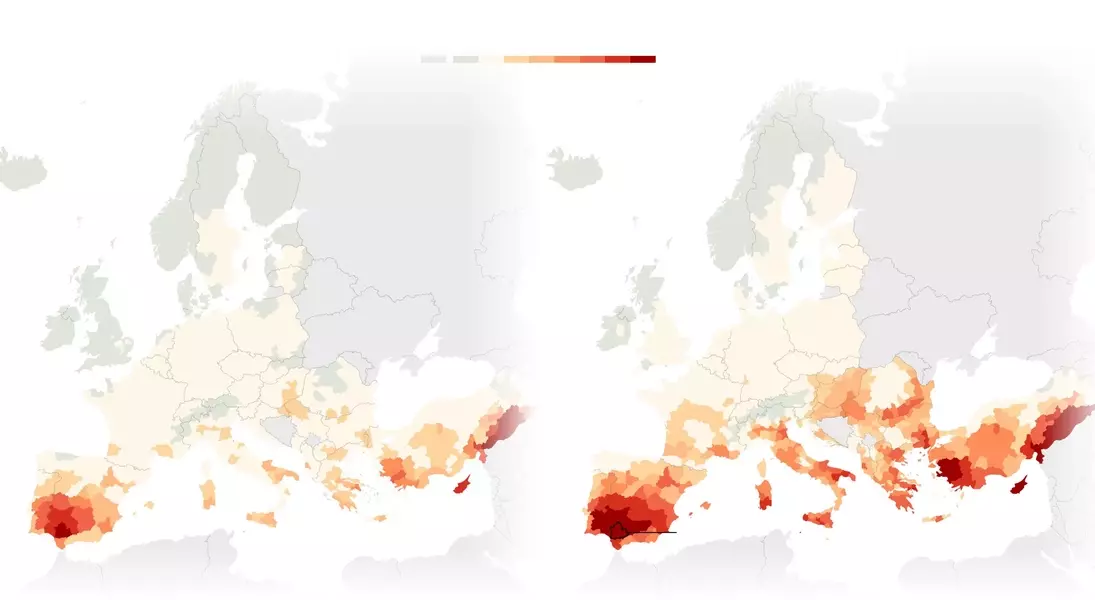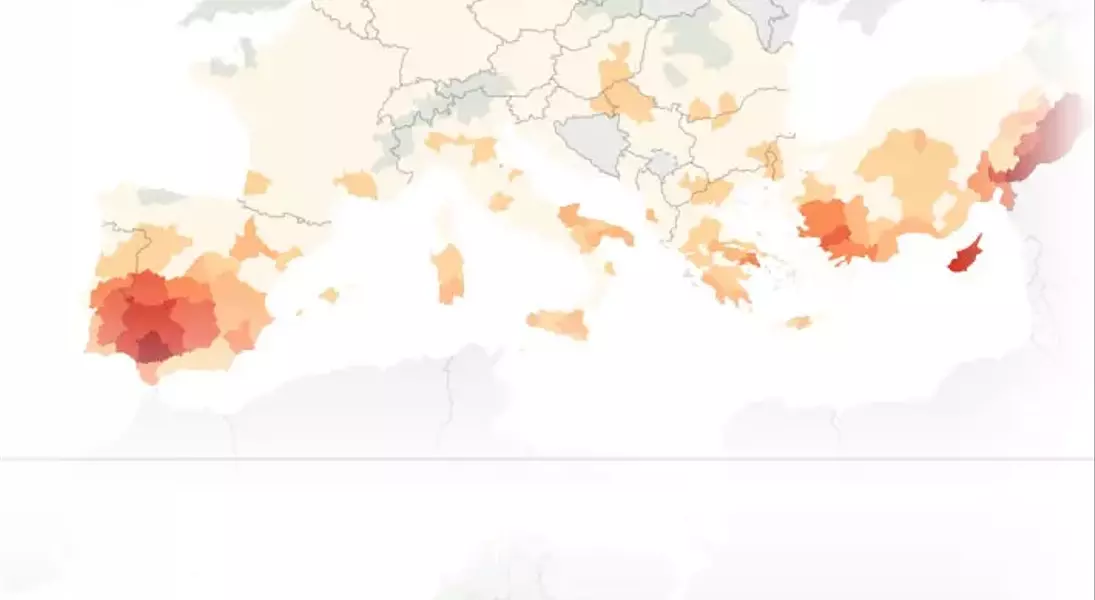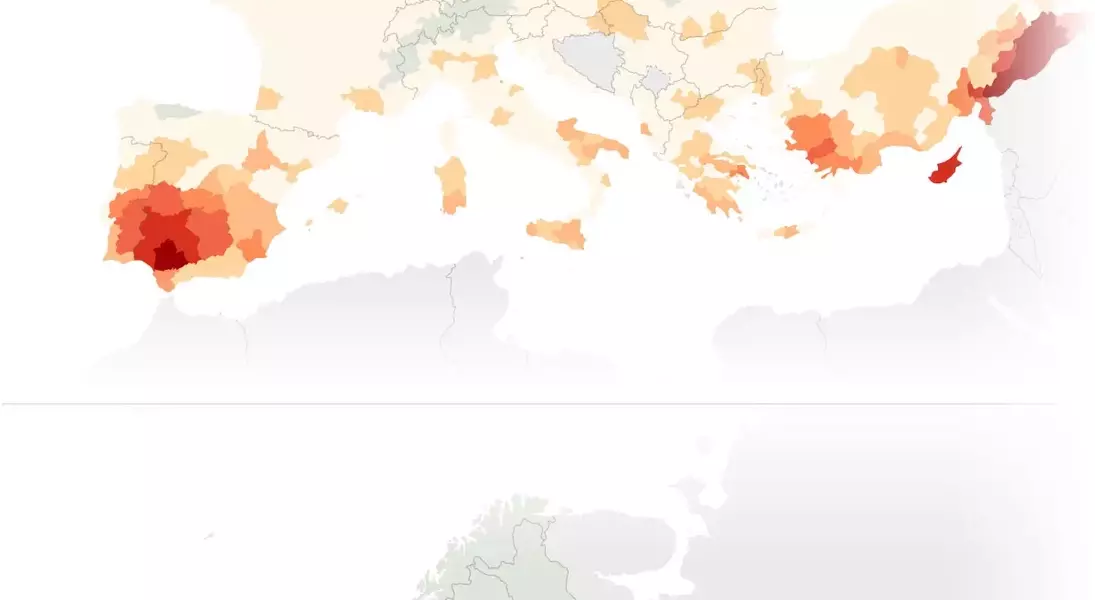







France is currently experiencing a significant societal discussion regarding the role of air conditioning, particularly in response to intensifying summer heatwaves. This debate has unexpectedly become a political hot potato, with prominent figures like Marine Le Pen advocating for widespread air conditioning installation as a public health imperative, citing its benefits for productivity and hospital capacity during extreme heat. Conversely, Green party leader Marine Tondelier and environmental proponents argue against it, labeling it an ecological detriment that aggravates global warming by expelling hot air and consuming excessive energy. This ideological clash underscores a broader European challenge: adapting to a rapidly changing climate while balancing energy consumption and environmental responsibility.
Historically, air conditioning was not a common feature in European homes, where the focus was traditionally on heating. However, meteorological data from Copernicus reveals a dramatic shift, with Europe now experiencing significantly longer and more intense periods of high temperatures compared to four decades ago. This escalating heat has transformed air conditioning from a perceived American luxury into a growing necessity for survival and comfort across the continent. Despite this, adoption rates remain low compared to the U.S., partly due to higher energy costs and the architectural complexities of integrating modern cooling systems into older European buildings. The evolving climate reality is forcing a reevaluation of cooling strategies, moving beyond traditional passive measures.
While the immediate political fervor surrounding air conditioning may ebb and flow with the seasons, the underlying issue of climate adaptation in Europe is here to stay. There is a general consensus that certain public and vulnerable spaces, such as hospitals and schools, require effective cooling solutions. Yet, the broader philosophical divide persists: whether to primarily address climate change at its roots through energy efficiency and 'greening' initiatives, or to mitigate its immediate impacts through technologies like air conditioning. This complex discussion highlights the urgent need for a balanced approach that combines adaptive measures with sustainable long-term solutions, ensuring public well-being without compromising environmental goals.
As Europe confronts increasingly severe summers, the debate over air conditioning serves as a microcosm of the larger global challenge of climate adaptation. It compels societies to reflect on their values, technological reliance, and environmental stewardship. Ultimately, navigating these warming trends requires innovative, pragmatic, and ethically sound solutions that prioritize both human welfare and the planet's health, fostering resilience in the face of an uncertain climate future.
